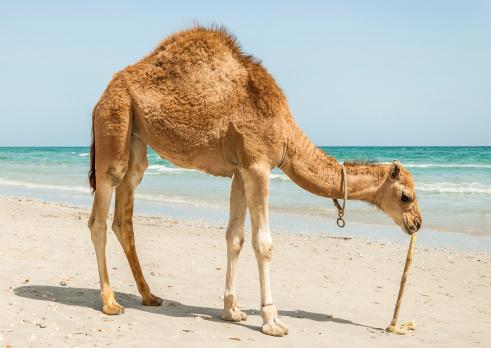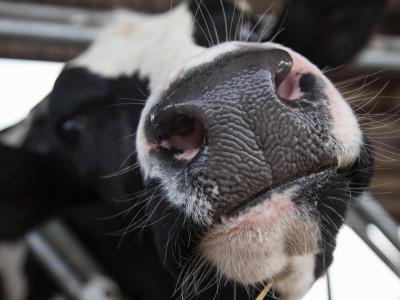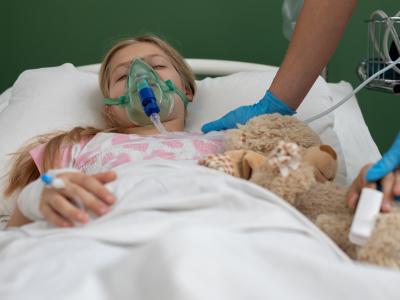MERS-CoV antibodies were first detected in camels in the Canary Islands in 2013, but today a study in Eurosurveillance notes that there is no evidence of circulating virus there and that new serology findings likely point to contact with MERS-CoV in Africa years ago.
The report comes as two more MERS-CoV (Middle East respiratory syndrome coronavirus) cases were confirmed in Riyadh, one involving a 14-year-old boy who might be part of a large hospital outbreak in Saudi Arabia's capital.
The country also reported four MERS-related deaths in previously announced cases.
Study finds 4% seropositive rate
To follow up on the 2013 study, in which Dutch and German investigators found that 14% of Canary Islands camels had MERS-CoV antibodies, researchers from the Canary Islands and Germany tested 170 healthy-appearing camels from the four islands in January and February—about 11% of all camels in the archipelago. They chose 40 to 45 camels from at least two separate farms on each island.
The islands sit just off the coast of northwestern Africa.
The team found by enzyme-linked immunosorbent assay (ELISA) that seven camels from three separate farms on three islands were positive for MERS-CoV antibodies. All camels were female from 20 to 26 years old and were from the nearby northwest African coast.
The other 10 camels born in Africa that were tested and all 153 camels born on the Canaries were negative for MERS antibodies.
Farmers and local veterinarians said the seropositive camels showed no MERS-like clinical signs like respiratory symptoms or discharge from the nose or eyes.
The authors wrote, "Given that the last import of live camels from Africa was authorised in 1995, we can assume that the animals originating from Africa have not had any contact with the virus for more than 20 years." They said the findings could indicate that MERS-CoV is highly immunogenic in camels, since it generated a specific immune response years after exposure.
They concluded, "We propose that MERS-CoV does not present a threat for humans or animals on the Canary Islands. However, surveillance measures should be taken to monitor the presence of antibodies in the camel herds."
New Riyadh cases
In Riyadh, meanwhile, a 63-year-old man in addition to the teenager has contracted MERS, the Saudi Ministry of Health (MOH) said today, continuing a steady stream of cases in the capital city and the country as a whole.
Both cases could be part of a large cluster at King Abdulaziz Medical City, as the 14-year-old boy had contact with another MERS case, the MOH said, and the man's previous contact is under investigation.
The boy is not displaying symptoms and is listed in stable condition, the agency noted, while the man is listed in critical condition. Neither is a healthcare worker.
So far 168 cases have been reported in Riyadh since Jul 21, a large portion of them associated with the hospital outbreak.
The MOH also reported the recent deaths of four Saudis in Riyadh, a 72-year-old woman and three men, ages 33, 42, and 80. The update also notes that a 41-year-old Saudi man in Riyadh has recovered from his illness. None of the five are healthcare workers, and all had pre-existing conditions.
The new numbers raise Saudi Arabia's total MERS cases to 1,242 since 2012, including 528 deaths. The agency said that 40 patients are still being treated, and 9 are in home isolation.
See also:
Sep 16 Eurosurveillance report
Aug 8, 2013, CIDRAP News story on initial Canary Islands findings
Sep 17 Saudi MOH update


















